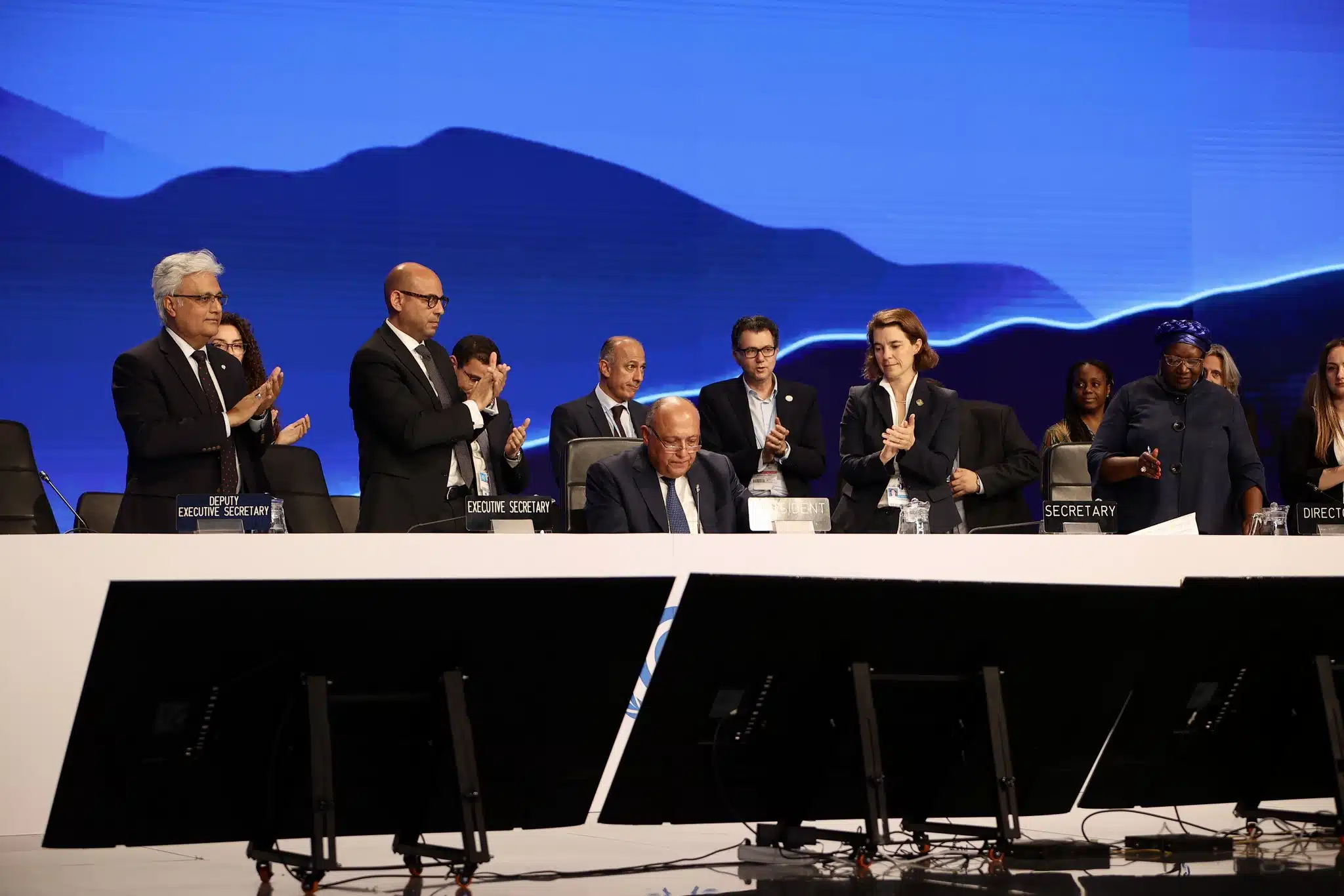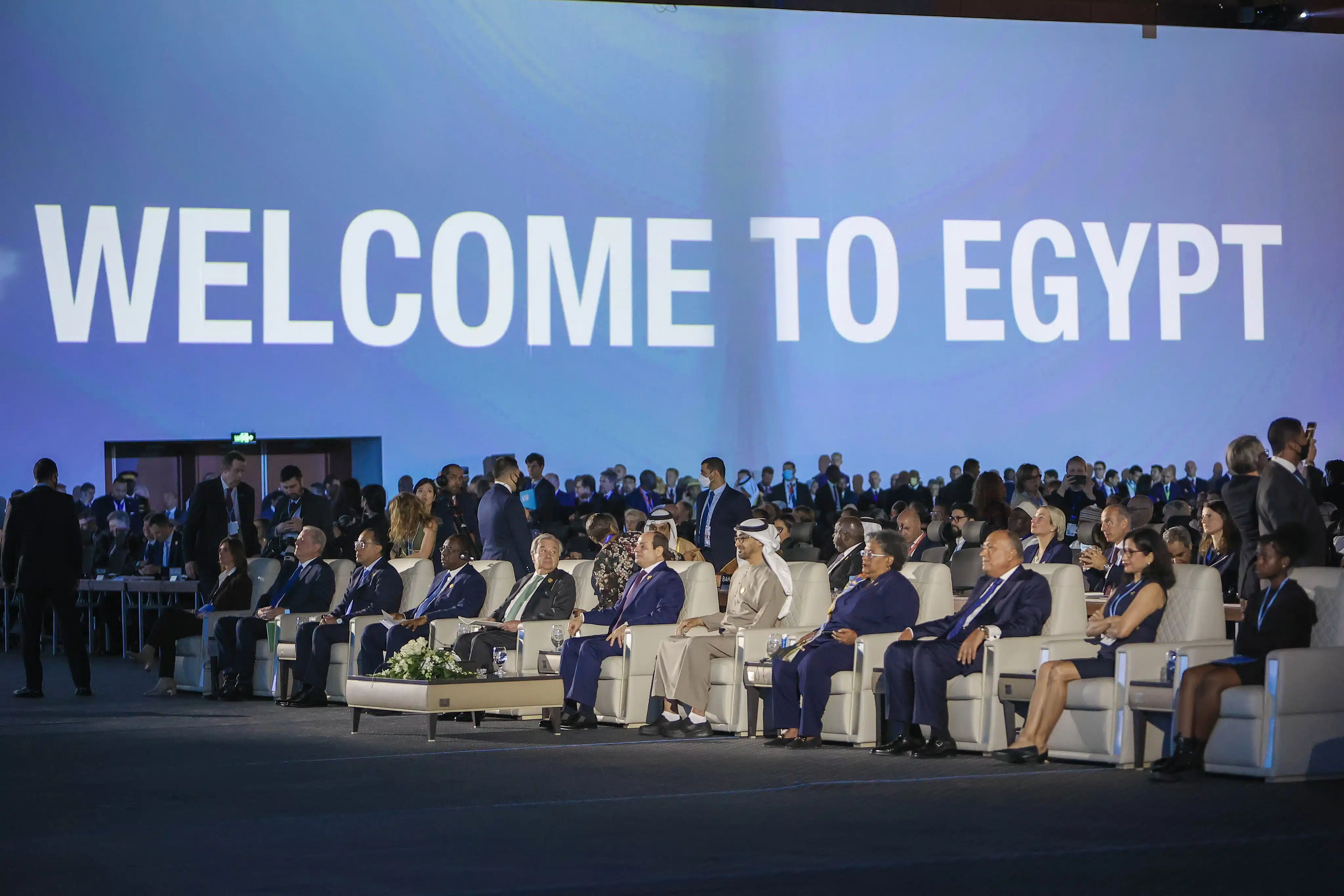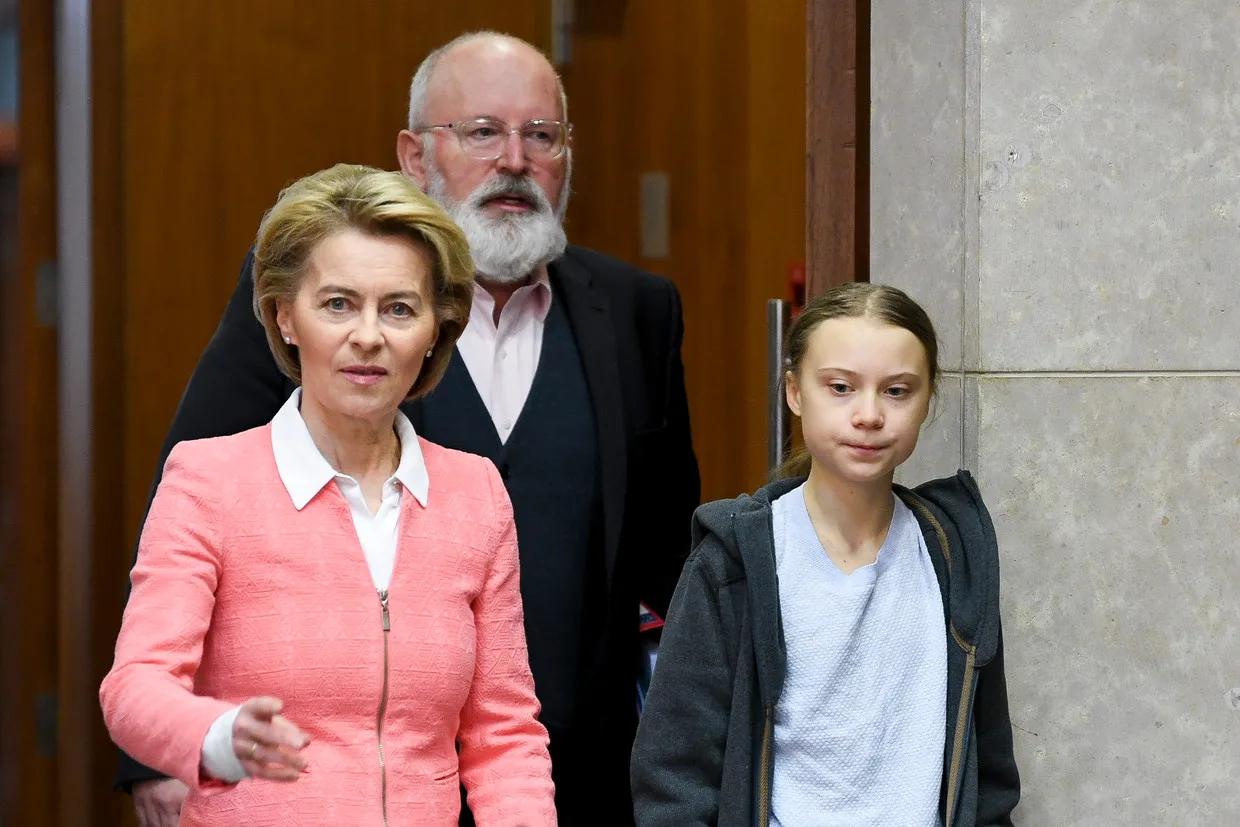Bruxelles – “The rather tense international context around which COP27 is taking place might be an obstacle for reaching big achievements but we must not compromise on our ambition”. Rafal Trzaskowski, the city mayor of Warsaw, recognised how the green political agenda could be reshaped due to a radically changed overall scenario. “There is a risk that the current global energy crisis hinders the implementation of the Glasgow Climate Pact which is the set of actions agreed at COP26 last year“, he said in the interview given to GEA, part of the Withub group. If so, it appears very challenging to get a new, better, deal, the message coming from the member of the ENVE committee (Commission for Environment, Climate change and Energy) of the European Commitee of Regions. Trzaskowski will be part of the CoR delegation in Sharm-el-Sheik. “Our position in the European Committee of the Regions – he stressed – is that, while working to secure energy supplies and protect our citizens from high energy prices, we cannot lose sight of the climate crisis”.
Eunews: Are you concerned about the possibility of a downside agreement?
Rafal Trzaskowski: “First, let’s remind ourselves that both global climate governance and international climate negotiations are quite fragile as they follow complex dynamics and are subject to a variety of factors at the intersection of international relations and the geopolitics of power. The war in Ukraine, the energy crisis and high inflation have nothing but exacerbated that fragility. We look into the COP27 as an opportunity to further advance climate ambition and implementation, and are hopeful that the conclusions will reflect the urgent need for multilevel cooperation and will call on national governments to involve local and regional authorities in delivering climate action on the ground. Every COP is seen as a step forward, sometimes at a lower pace, but definitely as a joint global effort in the right direction. The COP27 taking place in Africa will also need to advance on the negotiations on the Global Goal on Adaptation, climate finance and consider the many aspects that link climate change with the Sustainable Development Goals, with a focus on food and feed, water, urbanization and biodiversity”.
E: The fact that the G20 meeting takes place at the same moment does it pose a risk? May we see no leaders in Sharm-el-Sheik?
RT: “Every year, COP welcomes the largest number of world leaders and I am confident that this year will be no exception. At the start of the two intense weeks of climate negotiations in Sharm El Sheikh, we will see yet another world leaders’ summit which we hope gives a crucial political impetus at the negotiations. The G20 in Bali (15-16 November) actually takes places right before the closing of the COP27 negotiations, which I believe could be beneficial to find last minute political compromises between heads of state on the COP27 conclusions, in terms of climate pledges, finance and moving ahead the phasing out of fossil fuels subsidies, some of the most difficult negotiation items we have on the table at this very moment.
But beyond the physical presence in Sharm El Sheikh or in Bali, it is important to understand that both the G20 and COP27 agendas go hand in hand, advance in parallel and seek for synergies, and that collective action and inclusive and multi-level collaboration – between local, regional and national but also between developed countries and emerging economies around the world – is the solution to address the climate emergency we live in”.
E: Do you fear that the war in Ukraine and the related energy crisis could reduce the sense of urgency on climate?
RT: “As mentioned at the beginning, Russia’s illegal war in Ukraine has put Europe but also the entire world in a very uncertain geopolitical situation. The high inflation and soaring energy prices might certainly make COP27 more challenging than any other recent COP. But let’s be clear, none of these aspects are diminishing the climate emergency we live in. There is no time to lose, we don’t have the luxury of backtracking on our commitments despite the difficult circumstances. Accelerating the energy transition is the only way to reduce energy bills and deal with energy poverty in the long run. The only possible energy sovereignty for the European Union is a renewable, decentralised and interconnected energy system”.
E: As the Committee of Regions, how confident are you that your voice can be heard in Sharm-el-Sheik? Do you have any specific request?
RT: “The nature of the European Committee of the Regions is twofold: as an EU body, the members of the Committee are part of the official delegation of the European Union. As such, we are informed daily – together with the European Parliament, of the state of play and progress on the negotiations in a briefing from the European Commission lead negotiators. We are democratically elected representatives and it is our duty to take account and provide democratic accountability on how the European Commission is implementing the EU’s mandate and how they a keeping their promises in terms of climate ambition and leadership.
But the Committee is also an active member of the Local Governments and Municipal Authorities Constituency (LGMA) to the United Nations, the group of local and regional authorities representing the voice of subnational governments worldwide. Both as members of the EU delegation and the LGMA constituency, we have very specific and clear requests which we believe would be beneficial to move the global action agenda forward.
We ask Parties to involve local and regional authorities both in the in the revision of their Nationally Determined Contributions (NDCs) and in the global stock take (GST) of the Paris Agreement and we reiterate the need for a global system to collect and monitor cities’ and regions’ carbon emission reductions. That is why the Committee has put forward the concept of Regionally and Locally Determined Contributions (RLDCs), to complement the NDCs globally. We also call for a formal recognition in the UNFCCC regulatory framework of the pivotal role of subnational governments in accelerating a just climate transition and we invite the UNFCCC to organize an Annual Subnational Climate Forum for dialogue between Parties and local and regional authorities in the EU. We also request direct access to funds for subnational governments, as well as technical assistance to facilitate city- and region-driven processes and boost public-private investments on targeted climate and energy projects ensuring support for the most vulnerable as to deliver a just transition leaving no one behind. In Sharm-el-Sheik, we will use our voice”.
E: What can be the contribution of local authorities in tackling climate change?
RT: “Climate change happens at global level, but it hits locally first. This is why local authorities, that implement climate policies, have to be formally involved in the design of those same policies. Let’s not forget that subnational governments are responsible for the implementation of 90% of climate adaptation measures, 70% of climate mitigation actions and the coordination of 50% of public investment and 30% of public expenditure, and that they are the closest and most suitable actors to define place-based climate adaptation and mitigation goals.
The last IPCC report is clear. The global share of emissions that can be attributed to urban areas is increasing. In 2015, urban emissions were estimated to be about 62% of the global share. In 2020, the global share is estimated to be 67–72%. The drivers of urban GHG emission are complex and include population size, income, state of urbanisation and urban form. The battle against global warming will be won – or lost- in our cities. So we do have a something to say at the United Nations level. The key role cities and regions play in fighting global warming is also the reason why the European Parliament has given its support to so many of our calls in their COP27 resolution adopted end of October. As the EU’s assembly of cities and regions, the CoR stands ready to become the institution that coordinates sub-national climate diplomacy between the EU and partner countries”.











